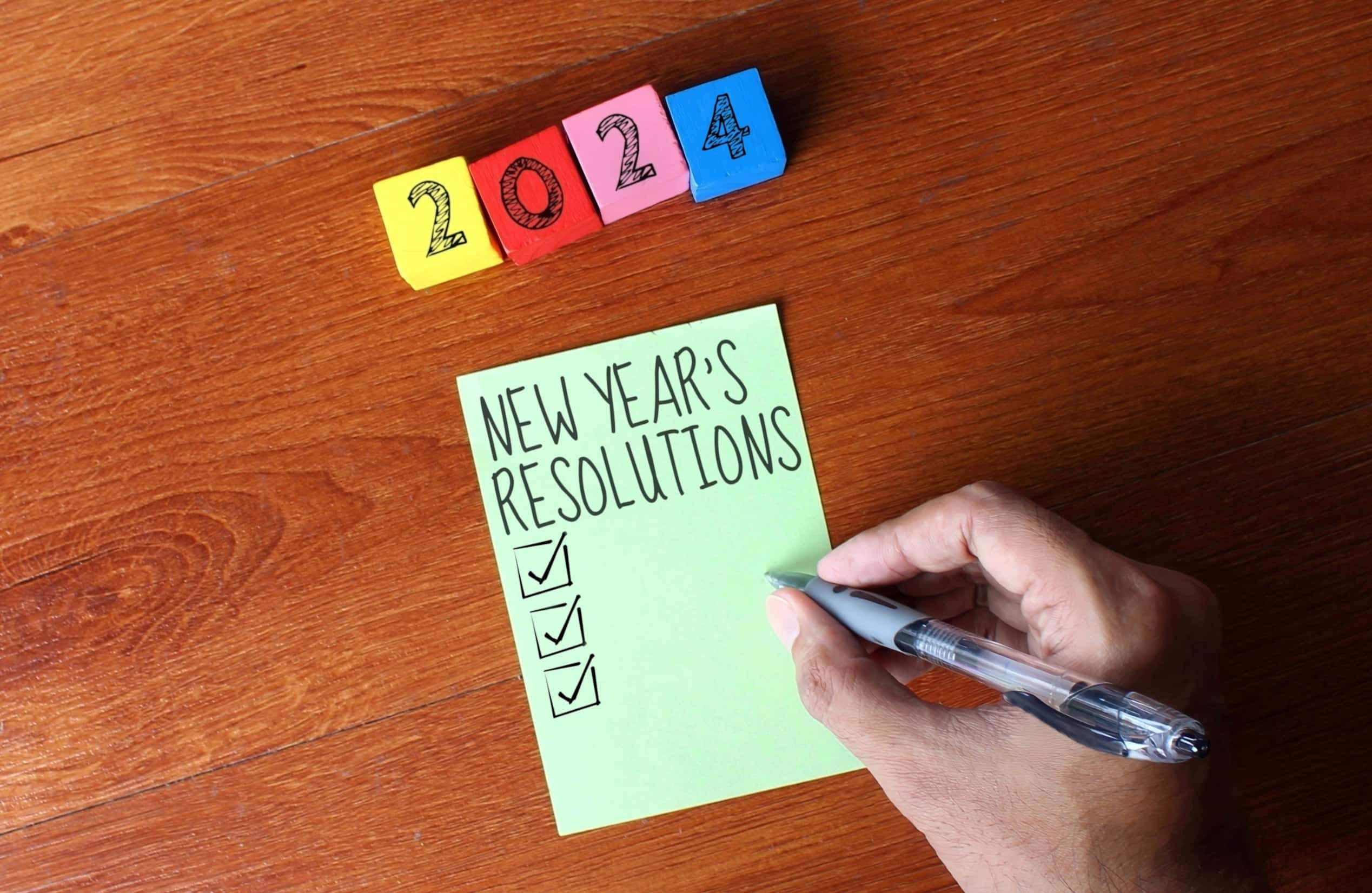Embracing the Journey of Sobriety
The New Year is filled with hope and the promise of change. If your New Year’s resolution is to get sober, you’ve already taken a huge step forward. Remember, this journey is not just about leaving something behind; it’s about moving towards a happier, healthier you.
Setting Realistic Goals
Getting sober is a big goal, but it’s much easier to manage when broken down into smaller steps. Start by setting short-term goals. This could be as simple as attending a support group meeting this week or going one day without using. If you cannot set goals for yourself, seek help from a professional or others in recovery, such as a sponsor. They can lead you through the process and ensure you create achievable goals. Small victories build confidence and keep you motivated.
Celebrating Your Progress
Recognizing and celebrating each achievement is important, no matter how small. Maybe you went without using a day, a week, or a month. You must focus on each day as it comes. Do not become stuck in the past or present because it can easily become too much to handle. Every milestone you reach is huge! Celebrate these moments healthily, like a movie night or a small gathering with supportive friends.
Leaning on Friends and Family
Recovery can be challenging, and leaning on others for support is okay. Share your goals with close friends and family members. A solid support system is a vital part of the recovery process. Choose wisely, and do not be afraid to cut off ties with people who negatively impact your sobriety. A massive community of sober-supporting people is just waiting for you to reach out. Choose people who will encourage and uplift you, not those who might lead you back into old habits.
Finding Professional and Peer Support
Addiction isn’t something you should try to handle on your own. Recovering from drugs and alcohol is a difficult process and comes with many dangers. Professional help from a rehab facility is often needed to start your recovery journey on the right foot. Once completing a treatment program, you may want to consider joining a support group. Connecting with others on a similar path can be incredibly encouraging. It can help you build relationships with those who understand and support your journey.
Identifying Your Triggers
Understanding what triggers your urge to use is crucial. Triggers can be emotional, like stress or sadness, or situational, like certain places or people. Once you know your triggers, you can develop strategies to handle them. While some triggers may not be completely avoidable, knowing what they are and creating a plan around them will reduce the impact they have on your sobriety.
Healthy Coping Mechanisms
Replace old habits with new, healthy ones. This could be exercise, a hobby, or meditation. When cravings hit, have a plan in place. Call a friend, go for a walk, or practice deep breathing. Often, in early recovery, the key is to keep yourself busy and distracted from thoughts of using your drug of choice. Creating new habits is a great way to overwrite the old ones. Make sure you find things that you enjoy doing. Finding the joy in hobbies makes creating new habits so much easier.
Embracing a New Lifestyle
Embarking on this journey of sobriety is a brave and wonderful decision. It’s not just about getting sober; it’s about building a new, fulfilling life. Take it one day at a time, and remember, every step forward is progress. You’re not alone on this journey; the future is bright and full of possibilities. Stay strong, stay hopeful, and welcome to your new beginning!


